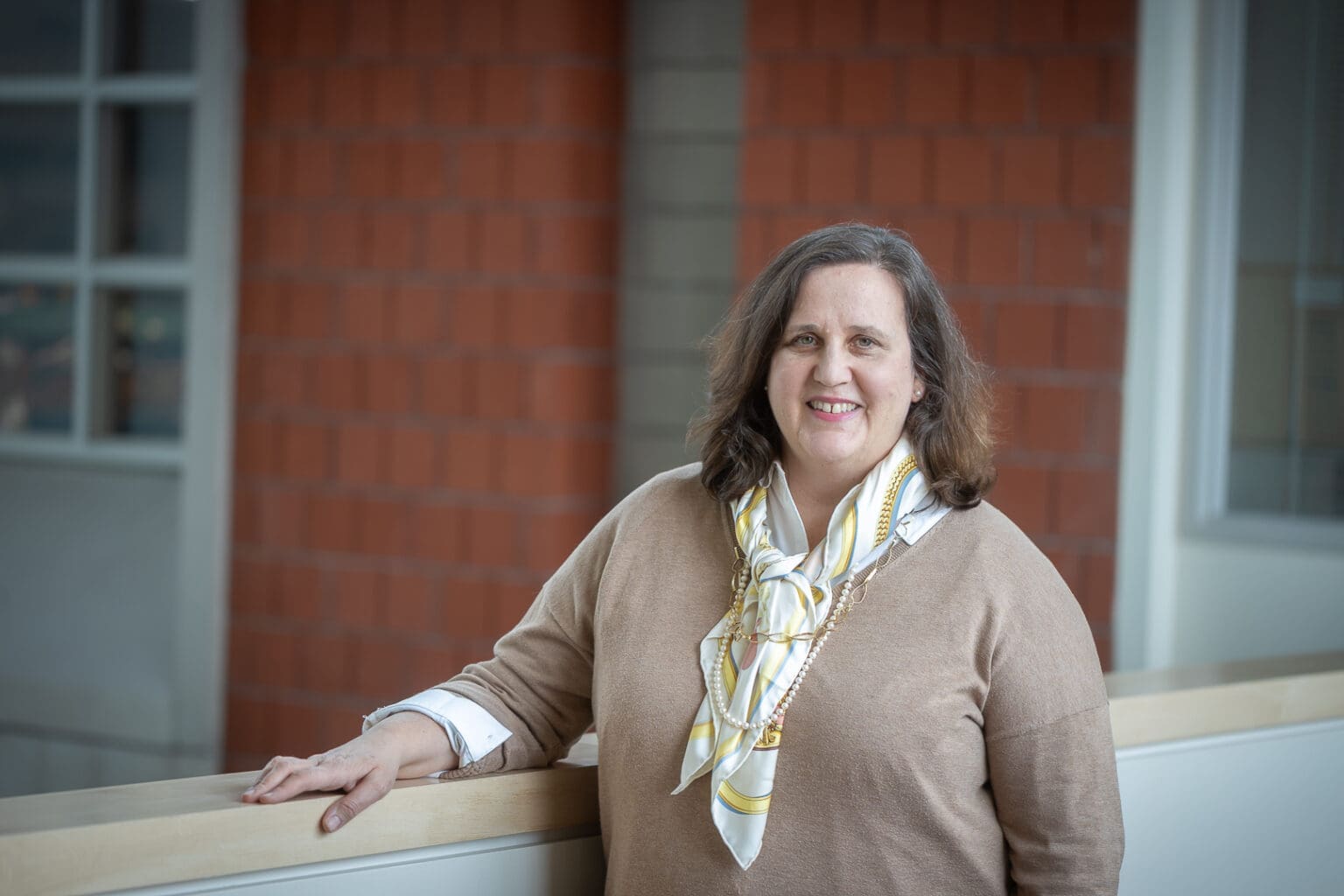Women with inherited BRCA1 or BRCA2 gene mutations face a high risk of developing breast cancer in both breasts. When diagnosed with cancer in one breast, many women choose breast-conserving therapy (lumpectomy followed by radiation) instead of removing both breasts. However, the healthy breast remains at significant risk for future cancer.
The only widely accepted way to reduce that risk is preventive mastectomy, which many women decline. Recent research suggests that applying radiation to both breasts, rather than just the one affected by cancer, may lower the risk of developing cancer in the other breast. A small, early study showed that this approach could reduce risk by 80%, with limited side effects. However, this has never been tested in a larger, randomized clinical trial.
Our study will determine whether it is feasible to run a larger trial of this approach. We will recruit women with BRCA mutations and unilateral breast cancer who choose breast- conserving therapy. They will be asked whether they are willing to be randomly assigned to receive radiation to one breast or both. Those who agree will receive radiation to the other breast or not.
